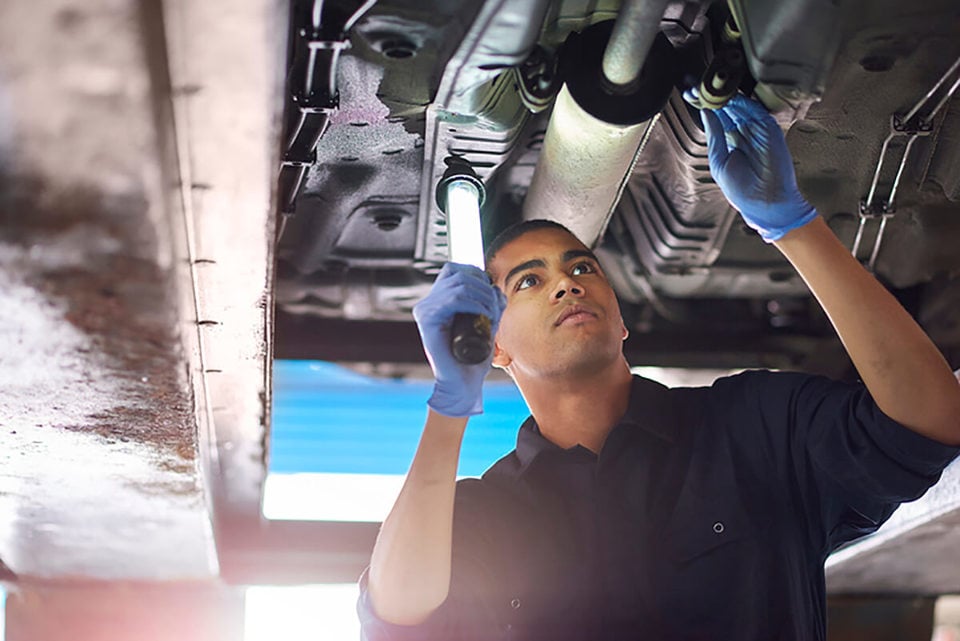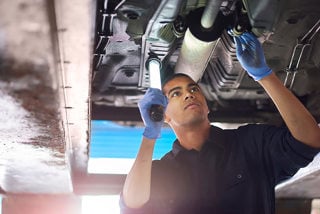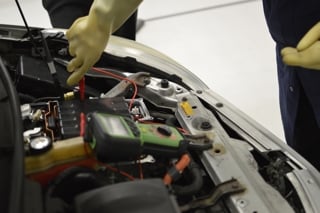Reduced new car supply and contract extensions have resulted in the proportion of service, maintenance and repair (SMR) spend increasing on fleet cars aged four years old or over, new research suggests.
Analysis by Epyx shows that it has increased by more than a half since the pandemic, rising from 28% in 2018 to 43% in 2022.
Furthermore, Epyx says that the average SMR invoice price for those older vehicles is 24% higher than for those aged below four years.
Tim Meadows, chief commercial officer at Epyx, said: “It’s widely recognised that fleet vehicles have been getting older since the pandemic took effect, thanks to much reduced new car supply as well as businesses generally taking out contract extensions.
“These figures make clear just how radically the age composition of fleets in the UK has changed. This is a dramatic shift.”
Epyx’s data is taken from the company’s 1link Service Network platform, used by major fleets to manage SMR for more than four million company vehicles.
Meadows continued: “The 24% average additional invoice cost shows how much more expensive it is to keep older vehicles in good condition thanks to general wear and tear alongside a greater possibility of major component failure. That equates to just under £50 on every invoice.”
Epyx’s data shows that in 2018, total SMR spend was weighted 72% towards vehicles aged under four years and 28% towards four years and over.
By 2022, this has changed to 57% under four years and 43% for four years and over.
“This situation creates serious challenges for fleet operators,” said Meadows. “We are working closely with our customers to use our technology to keep SMR costs under control but, as vehicles age further, expenditure will inevitably rise.
“The bigger question is whether this ageing of the fleet will continue?”
Meadows concluded that, while vehicle supply has improved a little, it is probable that cars are still being replaced at a much lower rate than before the pandemic.
He said: “The situation is much more likely to become increasingly acute before we see any improvement.”























Login to comment
Comments
No comments have been made yet.